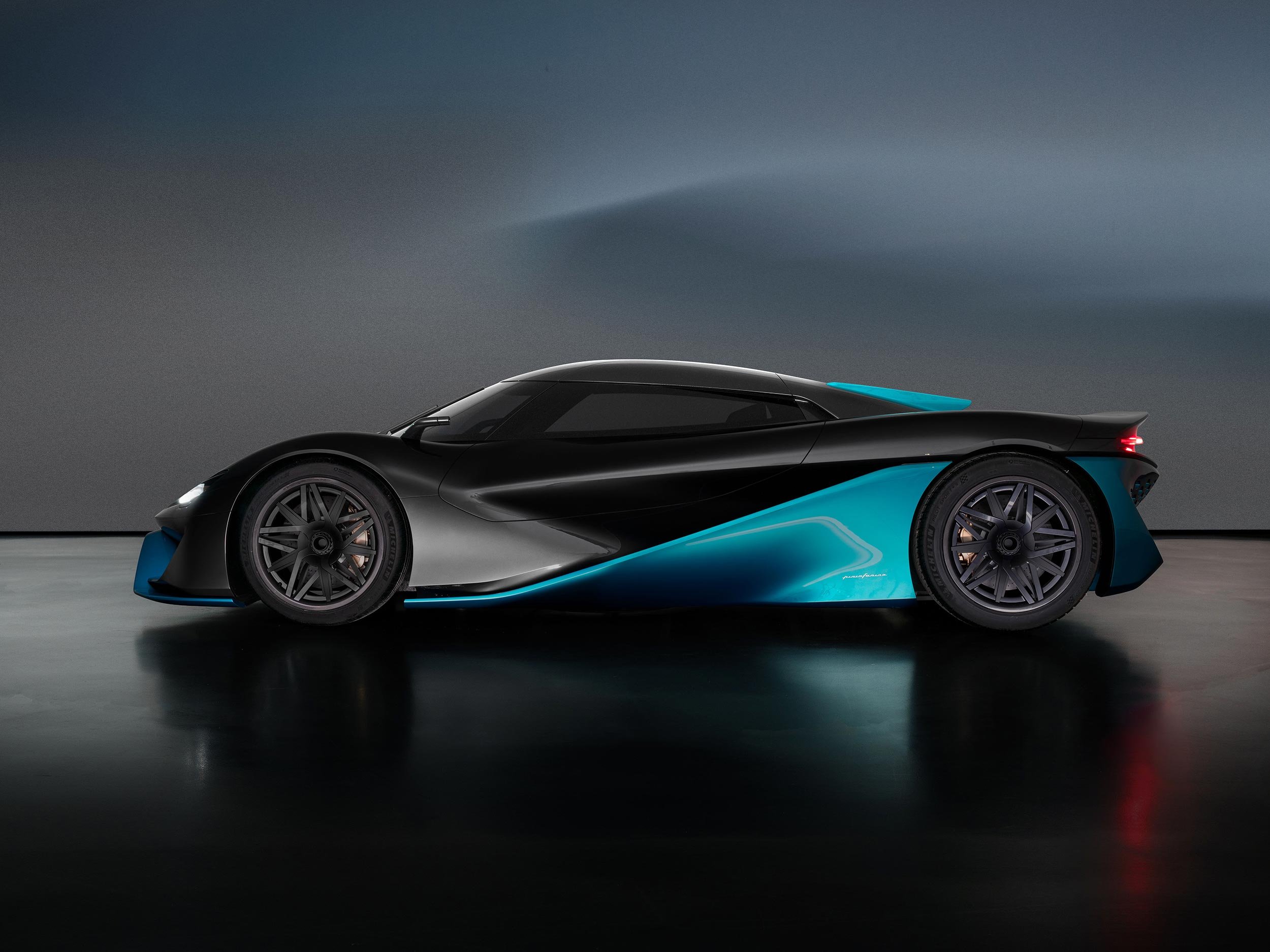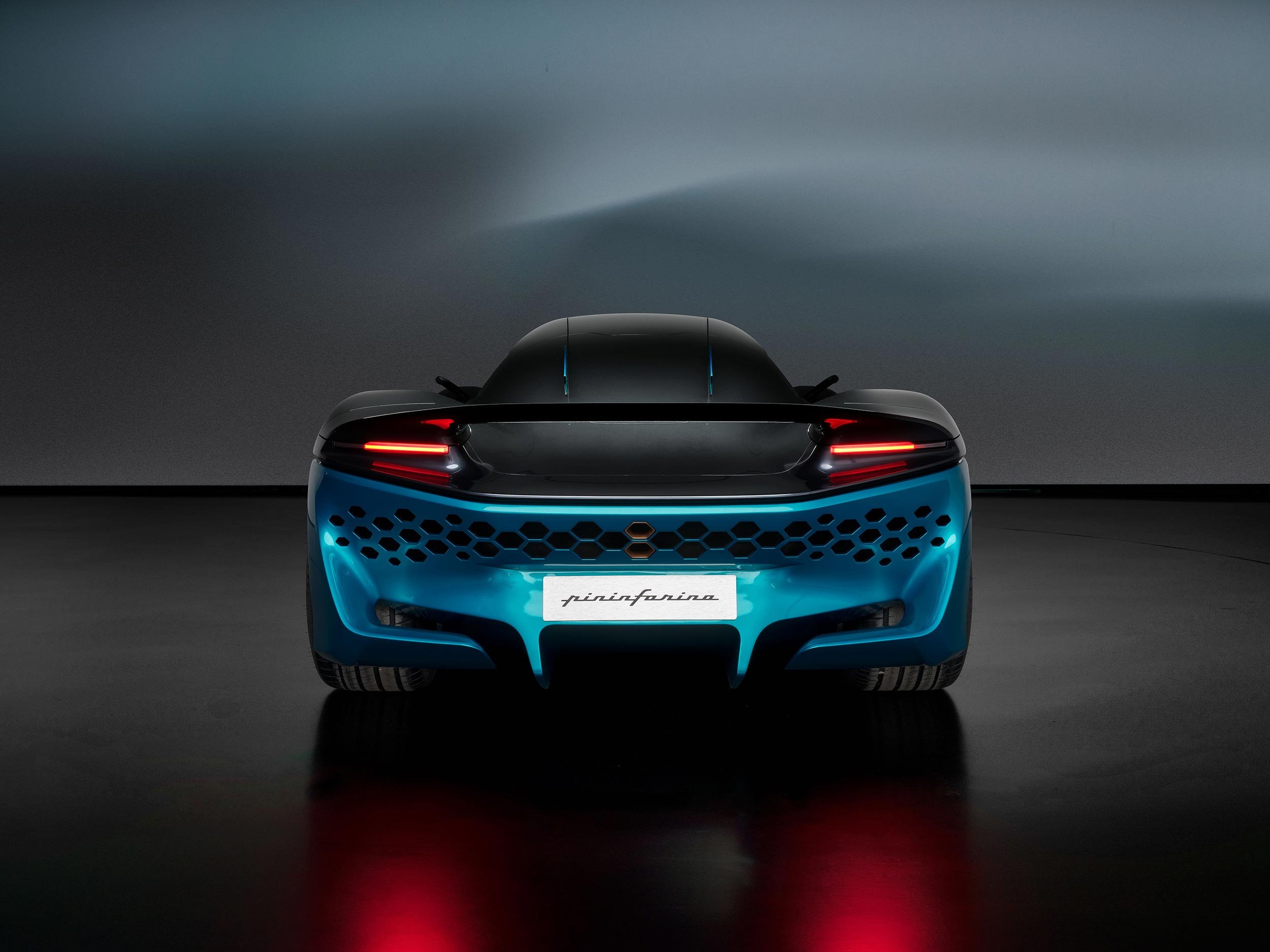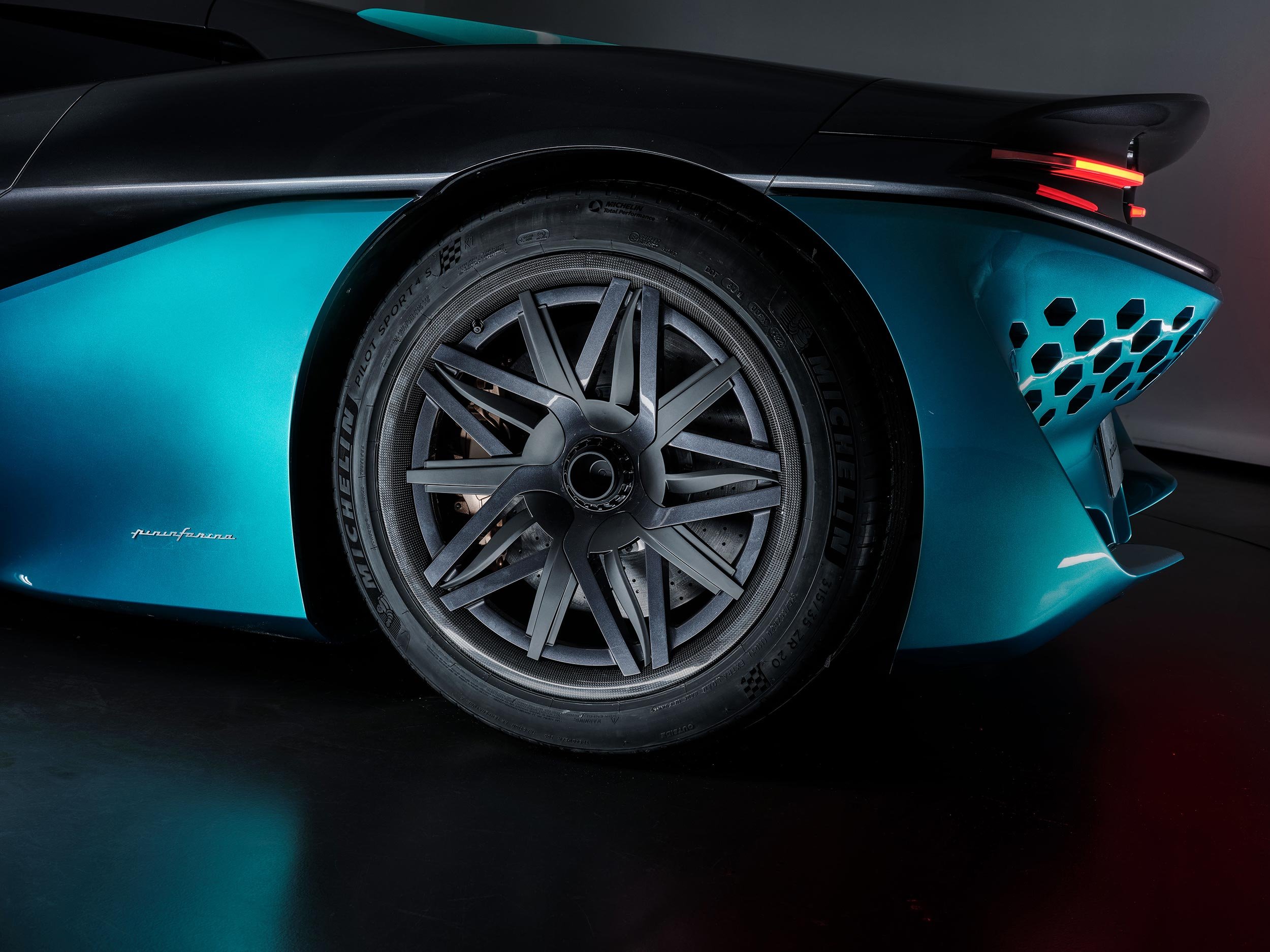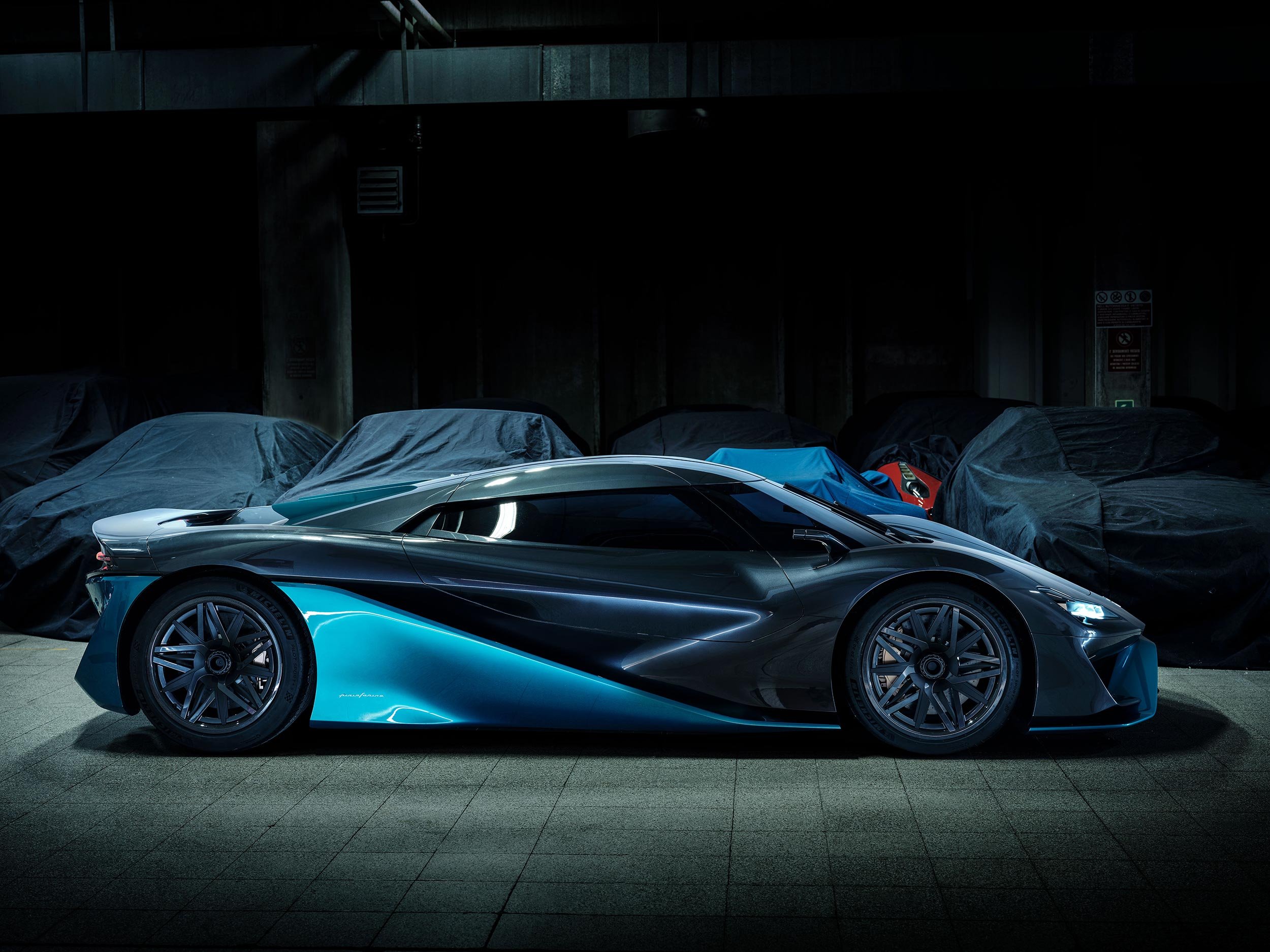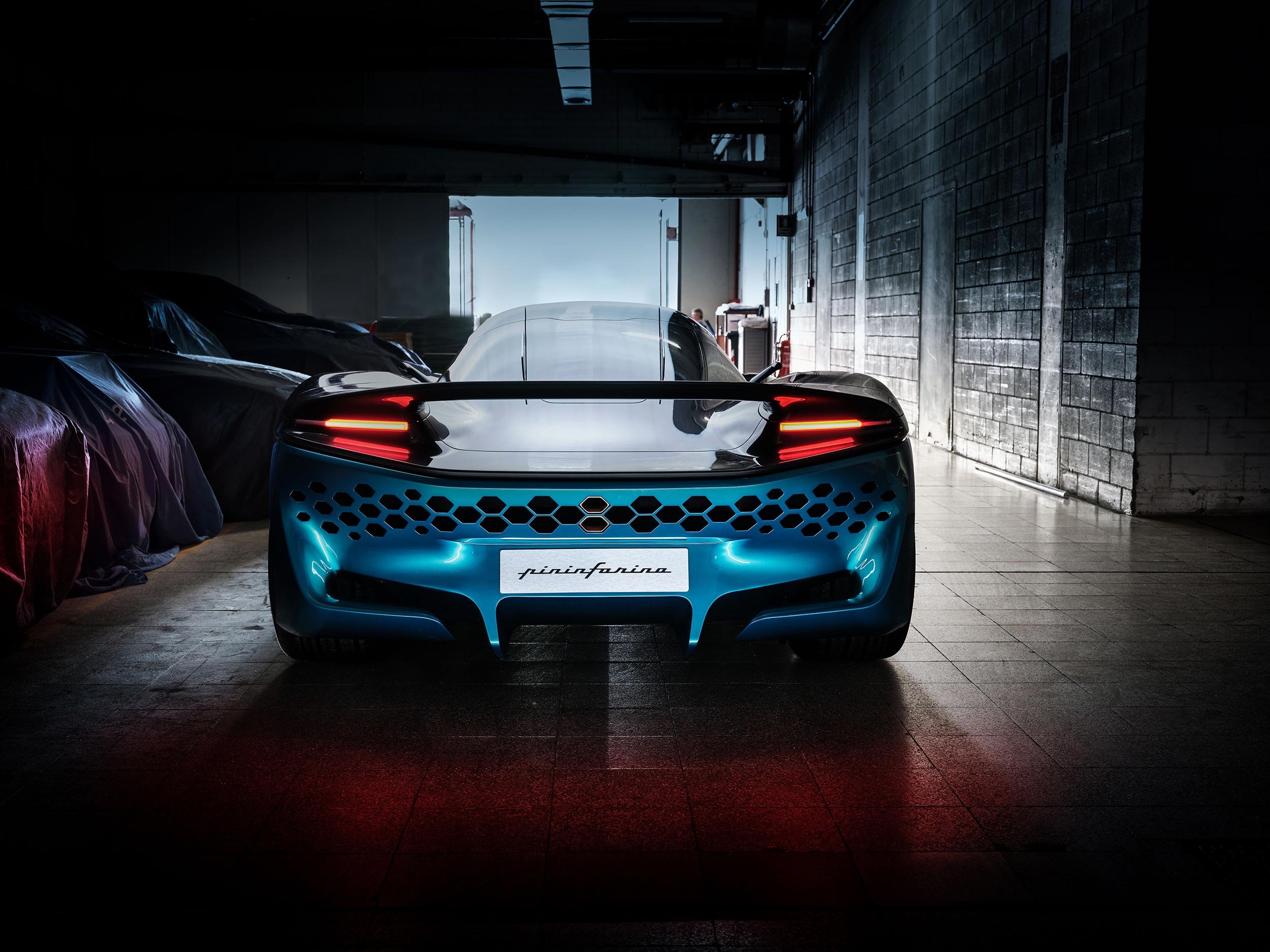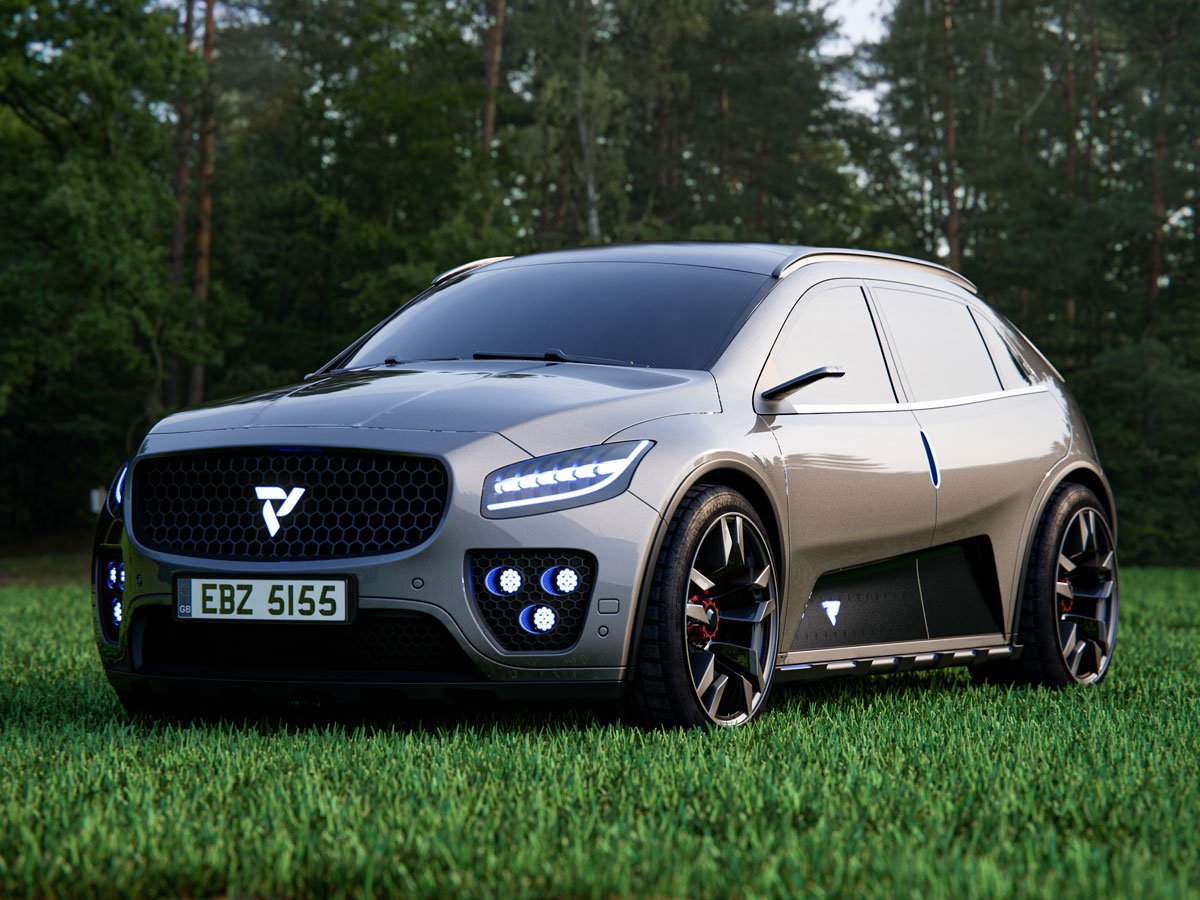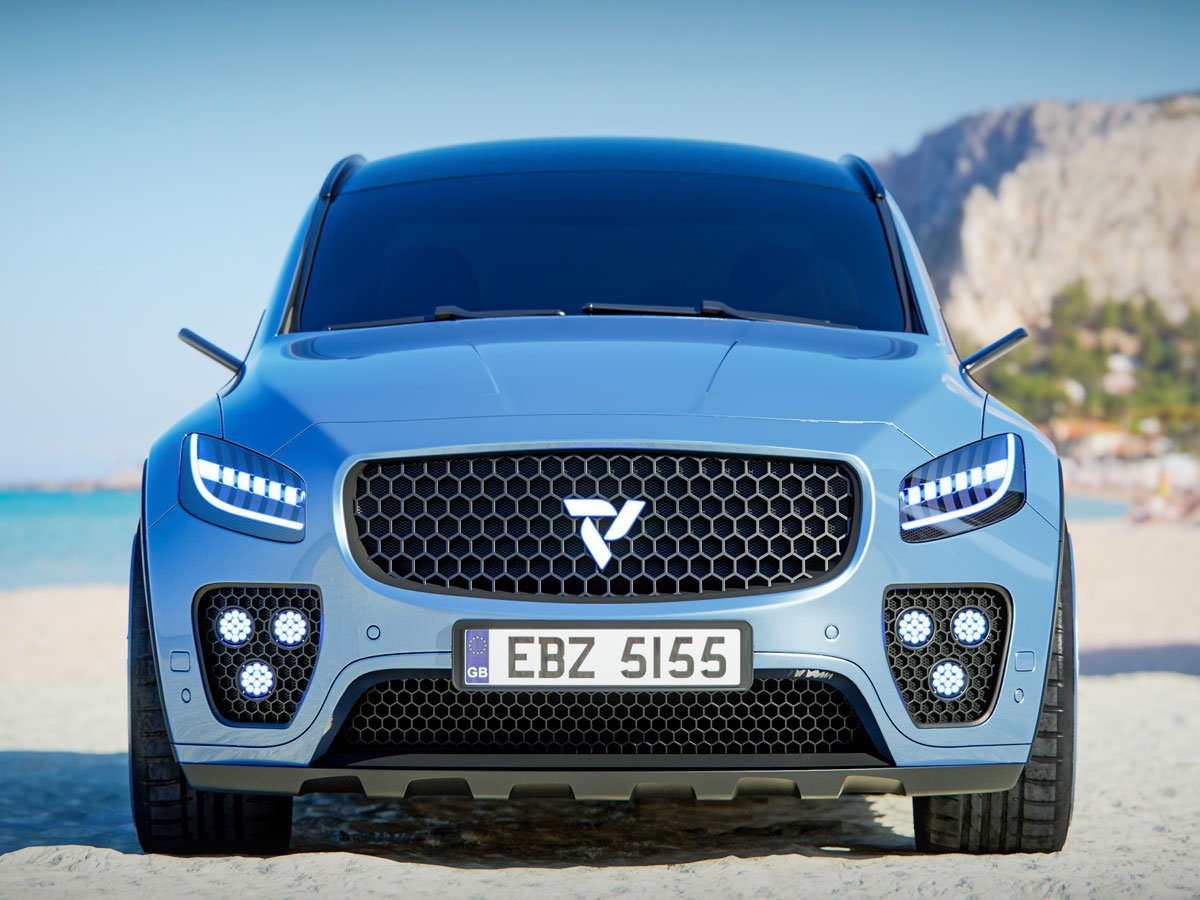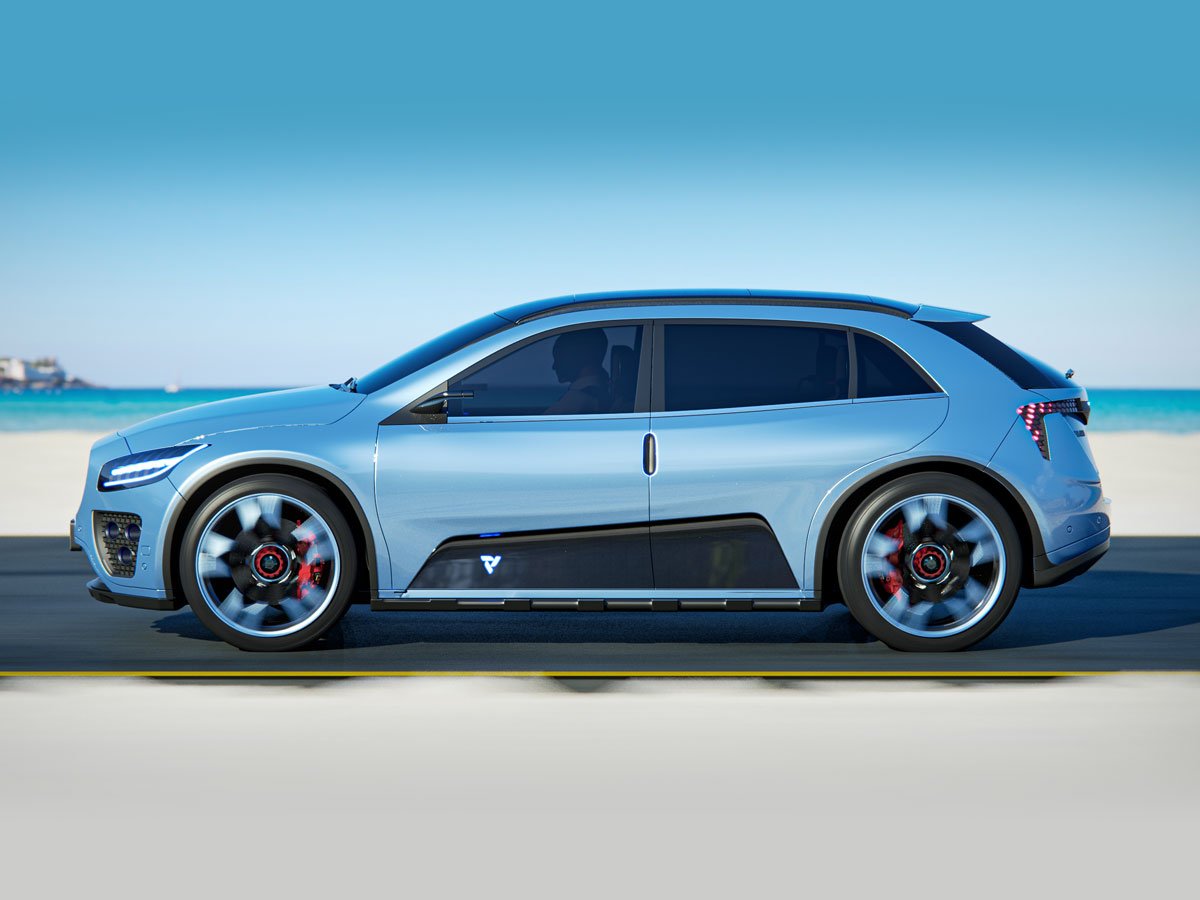
Sectors
Our immediate focus is road vehicles. Viritech technology is most applicable to sectors where:
Weight is critical (e.g. commercial vehicles, where every extra kilo of powertrain means a corresponding reduction in payload)
Power-to-weight is critical (e.g. high performance sports cars where extra weight blunts responsiveness and agility).
However, one of the advantages of hydrogen powertrains is that they are scalable, and we will expand our coverage to both other forms of transport and distributed power in the medium term.

Heavy Goods Vehicles
The commercial vehicles (CV) sector is likely to be the largest market for FCEV powertrains over the next 10-15 years.
The reason is clear. In a BEV 44-tonne truck, the battery pack would reduce payload by up to five tonnes and cost a lot of time in recharging. According to the UK’s Advanced Propulsion Centre, the productivity of a 44-tonne BEV would be 25% lower than a diesel equivalent.
That is not commercially viable – logistics costs would soar, and no-one wants 25% more HGVs on our roads. Hence, according to a study for the EU, FCEVs are expected to account for 16% of registrations as early as 2030, with market share rising steeply through the 2030s.
A fuel-cell truck powered by Viritech technology reduces the weight penalty of a zero-emissions HGV by between 75% and 100%. That opens the way to zero-emission HGVs which can carry the same payload as today’s trucks – a game-changer for the economics of the industry.
Viritech has developed a reference design for a 44-tonne HGV – the Jovian®. This shows how Viritech technology can be integrated into an articulated truck to achieve the maximum benefit.
Light Commercial Vehicles
Most vans up to 3500kg will be BEV. However, there is a significant minority of applications (typically long-distance, multi-shift operations) that are not suitable for BEVs. For example, a supermarket delivery van with heavy payloads of bottles and tins working in an area with a lot of motorway work would struggle as a BEV. Up to 30% of vans at 3500kg need a combination of payload and range that is beyond the capacity of battery technology for the foreseeable future.
Viritech technology means that zero-emission vans can operate on those routes with no loss of productivity. Indeed, the productivity can actually be higher than an ICE van: a diesel van has a gross weight limit of 3500kg, but a zero-emission van has a weight limit of 4250 kg.
High Performance Cars and Motorsport
Viritech is developing both enabling technology for hydrogen powertrains, and full powertrains for performance car manufacturers. Our powertrains allow a fuel-cell hypercar to weigh just 1000kg – half the weight of some BEV competitors. This creates a new market in which performance cars can handle with the agility of a petrol-engined model, while being zero-emissions.
Apricale® has enabled Viritech to develop a holistic solution for the vehicle powertrain. Developing many of the components, and integrating all of them, within the tightest possible packaging and weight constraints has led to the first viable FCEV powertrain for high-performance vehicles. This has led to considerable interest from both road- and race-car manufacturers. Viritech will be announcing exciting developments in this area in the near future.
FUTURE SECTORS
Luxury SUVs – Tellaro®
Some diesel-powered models already weigh over 2.6 tonnes, and could be approaching 3.5 tonnes as a BEV. Our Tellaro reference design shows how luxury SUVs can achieve zero-emissions without a weight penalty, significantly reducing their overall environmental impact.
FUTURE SECTORS
Marine
For smaller craft, the additional resistance of water compared to air means that the range of a battery is far shorter in a boat than in a car. For cargo ships, ammonia is seen as a long-term option, but is more problematic for passenger applications due to the danger of toxic fumes. That is where hydrogen can fill an important gap. Viritech is adapting its HGV fuel cell powertrain for use in marine propulsion - see our blog for more details.

FUTURE SECTORS
Distributed Power
A less immediate priority, but an important sector for the longer term. Viritech will apply its technology to the production, storage and use of hydrogen in this sector.
“Viritech technology realises the full potential of hydrogen to provide lighter, more efficient powertrains”
–TIMOTHY LYONS, CEO




